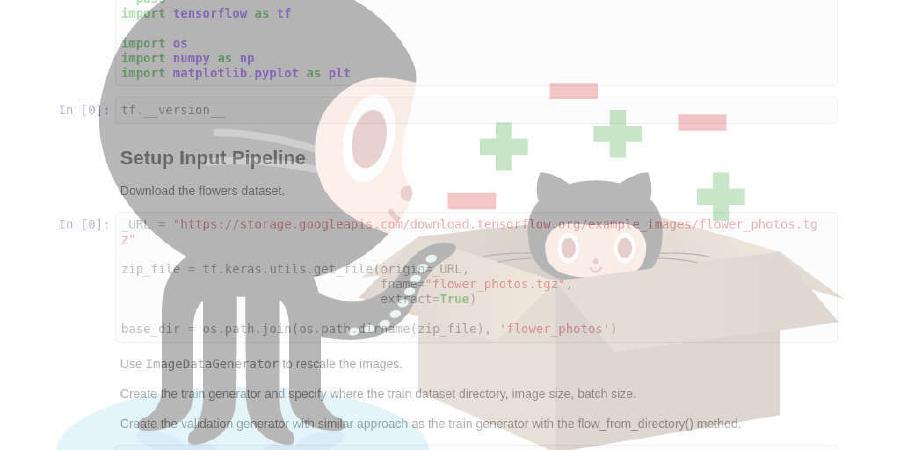midas-research/audino

Open source audio annotation tool for humans
| repo name | midas-research/audino |
| repo link | https://github.com/midas-research/audino |
| homepage | |
| language | JavaScript |
| size (curr.) | 9628 kB |
| stars (curr.) | 600 |
| created | 2019-10-03 |
| license | MIT License |
audino
audino is an open source audio annotation tool. It provides features such as transcription and labeling which enables annotation for Voice Activity Detection (VAD), Diarization, Speaker Identification, Automated Speech Recognition, Emotion Recognition tasks and more.
Features
Current features of the tool include:
- Multi-language support
- Collaborative annotation
- JWT based authentication
- User-level project, role and data assignment
- Project-level API Key based datapoint creation
- Emoji support
- Flexibility in label creation
Usage
Note: Please see getting started guide for configurations and concrete usage.
Please install the following dependencies to run audino on your system:
- git [tested on v2.23.0]
- docker [tested on v19.03.8, build afacb8b]
- docker-compose [tested on v1.25.5, build 8a1c60f6]
Clone the repository
$ git clone https://github.com/midas-research/audino.git
$ cd audino
Note for Windows users: Please configure git to handle line endings correctly as services might throw an error and not come up. You can do this by cloning the project this way:
$ git clone https://github.com/midas-research/audino.git --config core.autocrlf=input
For Production
You can either run the project on default configuration or modify them to your need.
To build the services, run:
$ docker-compose -f docker-compose.prod.yml build
To bring up the services, run:
$ docker-compose -f docker-compose.prod.yml up
Then, in browser, go to http://0.0.0.0/ to view the application.
To bring down the services, run:
$ docker-compose -f docker-compose.prod.yml down
For Development
Similar to production setup, you need to use development configuration for working on the project, fixing bugs and making contributions.
To build the services, run:
$ docker-compose -f docker-compose.dev.yml build
To bring up the services, run:
$ docker-compose -f docker-compose.dev.yml up
Then, in browser, go to http://localhost:3000/ to view the application.
To bring down the services, run:
$ docker-compose -f docker-compose.dev.yml down
Tutorials
We provide a set of tutorials to guide users to achieve certain tasks. If you feel something is missing and should be included, please open an issue.
Citation
Currently, the paper is under review. For now, please cite it as:
@misc{grover2020audino,
title={audino: A Modern Annotation Tool for Audio and Speech},
author={Manraj Singh Grover and Pakhi Bamdev and Yaman Kumar and Mika Hama and Rajiv Ratn Shah},
year={2020},
eprint={2006.05236},
archivePrefix={arXiv},
primaryClass={cs.SD}
}
License
MIT © MIDAS, IIIT Delhi










